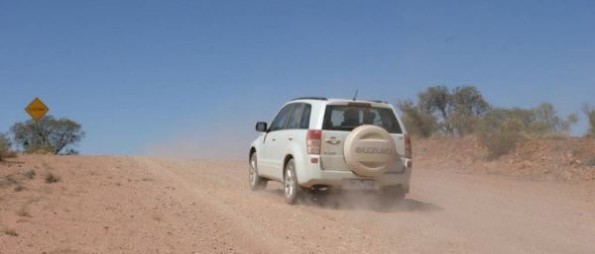When you buy yourself a car it’s either going to be new (i.e. never had an owner before) or used (had an owner before). But there are a few other definitions that you should understand which can help you determine how the vehicle has been used before you purchase it.
Types of vehicle sales:
- Brand new – it will only have been driven in order to transport it to the showroom or to get specific modifications or tests done. When you purchase a brand new car, you can check the importation date to see how long it has been sitting around.
- Ex-demonstrator – a dealership will have one or more vehicles it uses to take customers on test drives. This is so that dealers don’t have to keep filling up multiple different examples of that model with petrol, and so that they don’t cause a huge amount of depreciation on anything other than one at a time. Once the vehicle reaches a certain amount of kilometers it gets sold as ex-demo, usually for a nice discount. The dealer might replace it with another demonstrator.
- Press vehicles – dealerships will not tell you that a vehicle has been a press car and it will usually be marketed as ex-demo, but you can often tell because tyres will be prematurely worn. Press cars are given to journalists who often test the limits of the car.

This is me driving a press Suzuki Vitara through the outback, often at high speed. There were over 40 journalists on this trip and we put the cars through their paces. These vehicles would have been sold to the general public.
- Run-out specials – when a vehicle is about to be replaced by either a facelift or a brand new model it will be offered as a run-out special. It may or may not have any kilometers on it. Sometimes the discounts are great, and other times not. It’s important that you find out whether the replacement vehicles are just a cosmetic upgrade or a significant upgrade with much better safety and/or performance. Bear in mind that some models of car can stay current for a decade before being significantly changed, and if you buy just before the change you’re buying 10-year-old technology. Cars are often facelifted to keep the styling fresh and to add technology and features that competitors introduce, such as Bluetooth, reversing sensors or better audio equipment.
- Second-hand, used or trade-in – dealerships will often trade cars when they sell one. If it’s relatively new they might sell it on the yard; if it’s old and looks ratty it might go straight to auction or a specialist low-cost dealer so it doesn’t sit around making the yard look untidy.
- Private sales – these are where you purchase directly from a private seller. You have less rights and recourse for compensation in these cases, so be careful. Get a vehicle check, particularly of its finance.
- Imported – this means that the first owner was overseas, vs it being sold new in Australia.
- Lease – this isn’t technically a vehicle sale as you are just renting the right to use the car for a certain period. There are potential tax advantages for leasing a car.
